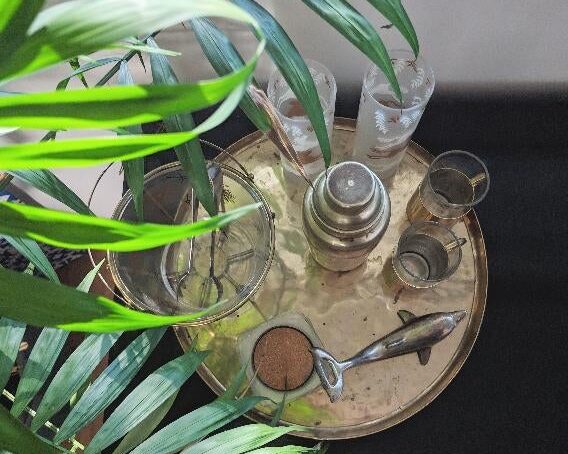$15 Flat Rate Shipping Everyday. Your order ships FREE when you spend $150 or more!

One of the easiest ways to a breathe a little life into a room is with the addition of a plant or two. Or five.
Plants not only add colour and decor, but many houseplants also have air-purifying properties. The downside though, is that some of the most popular houseplants are also very toxic to pets and children. Spruce up your home without the worry, consider these plants instead. They are non-toxic so your pets (and kids) will be safe – at least if they try to eat it. Knocking them over is your problem.
**Please note that the information contained in our plant lists is not meant to be all-inclusive, but rather a compilation of the most frequently encountered plants. The consumption of any plant material may cause vomiting and gastrointestinal upset for dogs and cats. Plants listed as either non-toxic, or mildly toxic are not expected to be life-threatening to your pets.
Tag us @farandwideshop! We love to see you how you use, style & repurpose our products, and we might feature you!
Monday to Friday 10 – 5:30
Saturday + Sunday 10 – 4
| Cookie | Duration | Description |
|---|---|---|
| cookielawinfo-checkbox-analytics | 11 months | This cookie is set by GDPR Cookie Consent plugin. The cookie is used to store the user consent for the cookies in the category "Analytics". |
| cookielawinfo-checkbox-functional | 11 months | The cookie is set by GDPR cookie consent to record the user consent for the cookies in the category "Functional". |
| cookielawinfo-checkbox-necessary | 11 months | This cookie is set by GDPR Cookie Consent plugin. The cookies is used to store the user consent for the cookies in the category "Necessary". |
| cookielawinfo-checkbox-others | 11 months | This cookie is set by GDPR Cookie Consent plugin. The cookie is used to store the user consent for the cookies in the category "Other. |
| cookielawinfo-checkbox-performance | 11 months | This cookie is set by GDPR Cookie Consent plugin. The cookie is used to store the user consent for the cookies in the category "Performance". |
| viewed_cookie_policy | 11 months | The cookie is set by the GDPR Cookie Consent plugin and is used to store whether or not user has consented to the use of cookies. It does not store any personal data. |